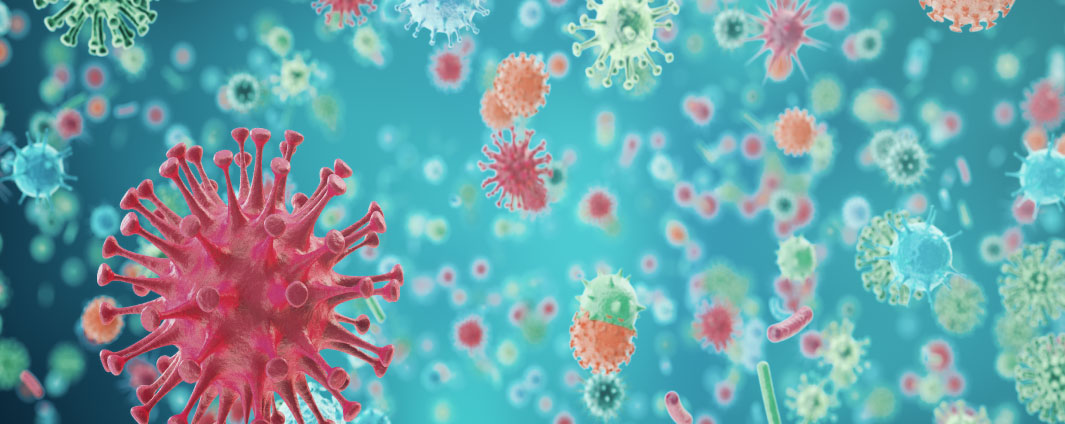Download fact sheet (PDF)
Chlamydia is a sexually transmitted infection (STI) caused by a bacteria called Chlamydia trachomatis. It is the most common bacterial STI.
Chlamydia is transmitted during unprotected oral, vaginal or anal sex with an infected partner.
Most people do not experience any symptoms. This means you can transmit the infection without knowing you have it. Testing is the only way you will know if you have chlamydia. If symptoms do occur, they usually appear two to six weeks after becoming infected.
- A change in vaginal discharge
- Burning with urination
- Lower abdominal pain
- Pain during intercourse
- Bleeding after sex or other abnormal vaginal bleeding
- Rectal pain or discharge
- Watery or milky discharge from the penis
- Burning or itching around the tip of the penis
- Pain or swelling in the testes
- A urine test can detect an infection in the genital area.
- A health care provider may collect a swab from the cervix, urethra, throat or rectum.
- Chlamydia can be easily treated and cured with antibiotics.
- Do not have sex for seven days after treatment.
- Your partner(s) needs to receive treatment and wait seven days before having sex again.
- You can be re-infected after treatment.
- Pelvic inflammatory disease (PID) – an infection in the fallopian tubes, uterus and ovaries
- Infertility (unable to get pregnant)
- Ectopic pregnancy (tubal pregnancy) Babies born to mothers who are infected with chlamydia could have severe eye infections or infant pneumonia
- Infection of the testes
Remember:
Any infection in the genital area may increase the risk of becoming infected with HIV. Practicing safer sex by using latex or polyurethane condoms and/or oral dams for oral, anal or vaginal sex can reduce the risk of Sexually Transmitted Infections and blood borne infections (STBBIs).
Call the Sexual Health Infoline Ontario at 1-800-668-2437 if you have questions or need help.
For more information:
www.sexandu.ca
Sexual Health Centre
179 Clarence Street
Ottawa K1N 5P7
613-234-4641 TTY: 613-580-9656





